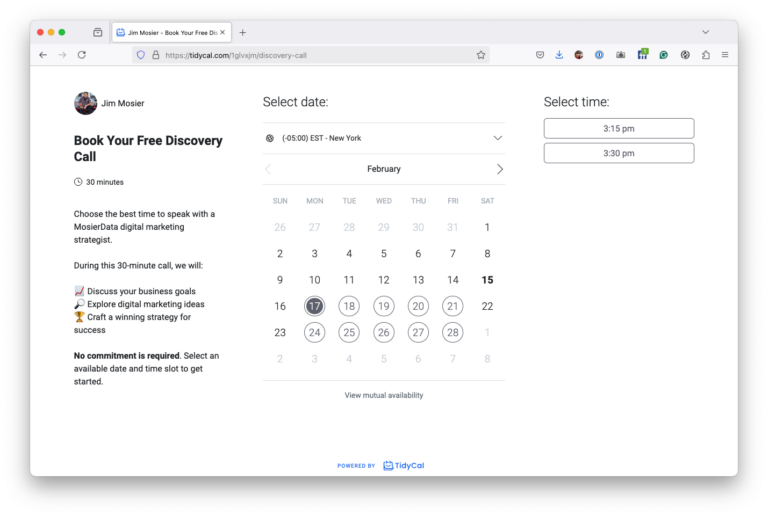Your company has set out on an extensive marketing campaign across several media platforms including search engine ads. Time and careful consideration has gone into the content of the pay per click (PPC) ads you are going to be using, but has enough thought been put into how effective they will be on mobile devices? The uptrend in using mobile devices to make purchases has increased every year and in 2018 over 50% of all internet traffic came from mobile devices. Google recently stated that mobile searches exceed desktop searches in ten countries.
To illustrate how significant this new paradigm is 40% of all purchase made on Black Friday were made on mobile devices, a day previously thought to be owned exclusively brick and mortar. There is no more segmenting ads between desktop and mobile devices, those days are in the past and if you still follow that practice, so is your company. If you are not taking mobile devices into consideration when crafting your PPC ads, you have put your company at a considerable disadvantage. Here are a few suggestions on how to get the most out of your pay per click campaign.
This point cannot be stressed enough, for your PPC campaign to be successful your site must be optimized for mobile devices. If buttons can’t be clicked, sales can’t be made; make sure all buttons on the site are working. Once you have verified that the buttons are working, you need to test them from a mobile device. Are they easy to see and read? Are they easily clickable with a thumb or finger? Does everything fit in the frame, or do you have to scroll to find buttons and calls to action? Make sure click to call functionality works, and it actually dials the number you want it to dial. Google has stated that mobile visitors are more likely to make return visits to a website if the site is mobile friendly. So, if you are embarking on a PPC campaign, optimize your site for mobile first, and keep testing it afterward.
It’s hard to differentiate between desktop searches and mobile searches in this mobile-first era, but some subtle differences can give you an edge when putting together keywords and content for your company’s PPC ad. Remember that your ad should be brief and to the point, but not so austere that it leaves out keywords relevant to your business. With that point in mind, mobile click-through rates (CTR) have been shown to be higher for shorter keywords. Remember that many mobile users are trying to find your company’s location (or locations) so an ad that links to a map or location finder may help increase foot traffic to your physical locations.
Keep in mind what mobile users are looking for and create multiple PPC ads that address what mobile users may want. Desktop searches are by nature longer and have a higher conversion rate when a longer search term is used, the opposite of the way mobile users search for what they want. It is prudent to make sure your company does thorough research on their target demographic and create their PPC ads accordingly.
If your target demographic is retired baby-boomers, they probably do more desktop searches than say a twenty-year-old college student. If your target demographic is a twenty-year-old college student, you should drill down further with market research before creating a PPC ad. Gender, geographic background, and interests should all be considered. Once you have gathered the demographics for your target audience, examine how they can be translated into a PPC that is effective in attracting mobile users.
The trend is clear if you want your company’s PPC campaigns to be successful in the future, then consider mobile first.
Let MosierData help you with all your Pay-per-Click needs and Mobile Marketing questions.

